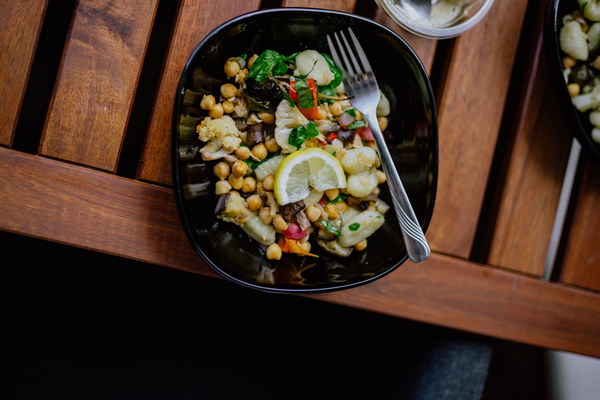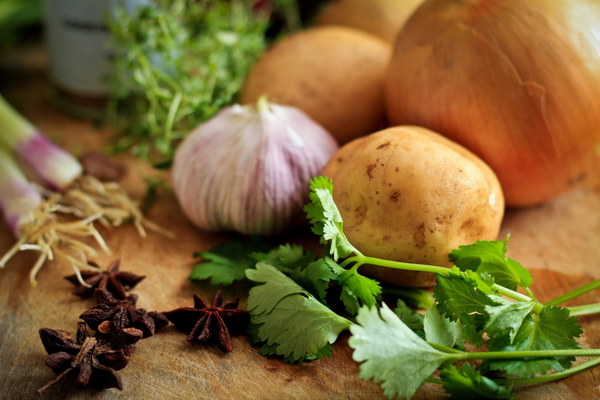Caring for Aging Parents The Importance of Physical Health Maintenance
As we navigate through the journey of life, it becomes increasingly apparent that the aging process is not just a physical transformation but also a significant change in the care and attention we need to provide to our parents. As they grow older, it is crucial to understand that physical health maintenance becomes more critical than ever before. This article delves into the reasons why elderly parents require extra care and the ways in which we can help them maintain a healthy lifestyle.
Firstly, it is essential to acknowledge that the aging process is associated with a decline in physical health. This decline is often characterized by a decrease in muscle strength, slower metabolism, and increased vulnerability to diseases and infections. As parents age, their bodies become more susceptible to chronic conditions such as arthritis, diabetes, and heart disease. Therefore, it is our responsibility to ensure that they receive the necessary care and support to maintain their health.
One of the primary ways to help our aging parents maintain their physical health is by encouraging them to engage in regular exercise. Exercise has numerous benefits for elderly individuals, including improved cardiovascular health, increased muscle strength, and enhanced flexibility. It is important to find activities that are suitable for their abilities and interests. For example, walking, swimming, or chair yoga can be excellent choices for those with limited mobility. By incorporating exercise into their daily routine, our parents can experience better overall well-being and a higher quality of life.
Nutrition is another critical aspect of maintaining physical health in the elderly. As we age, our bodies become more efficient at absorbing nutrients from food, which can lead to deficiencies in essential vitamins and minerals. It is essential to ensure that our parents have a balanced diet that includes a variety of fruits, vegetables, whole grains, lean proteins, and healthy fats. If they have specific dietary restrictions or health conditions, it may be necessary to consult a healthcare professional to develop a tailored meal plan.
Regular health screenings are also crucial for maintaining physical health in the elderly. These screenings can help detect and manage chronic conditions early, preventing further complications. Encourage your parents to visit their primary care physician regularly, and make sure they are up to date with vaccinations and preventive care. Additionally, it is essential to encourage them to follow any treatment plans and medication schedules prescribed by their healthcare providers.

Socialization plays a significant role in the mental and emotional well-being of the elderly. Encourage your parents to stay connected with friends and family, as social interaction can help reduce feelings of loneliness and depression. Engaging in activities such as joining a club, volunteering, or attending community events can provide opportunities for socialization and a sense of purpose.
Lastly, it is important to provide emotional support to your aging parents. Caring for elderly parents can be challenging, and it is essential to acknowledge the emotional toll it can take on you. Encourage open communication about their concerns and fears, and be willing to listen and offer reassurance. By fostering a supportive environment, you can help your parents navigate the challenges of aging with greater ease.
In conclusion, as our parents age, it is crucial to prioritize their physical health maintenance. By encouraging regular exercise, ensuring a balanced diet, promoting regular health screenings, fostering socialization, and providing emotional support, we can help our elderly parents lead healthier and happier lives. Remember, caring for aging parents is a labor of love, and their well-being is our ultimate goal.




